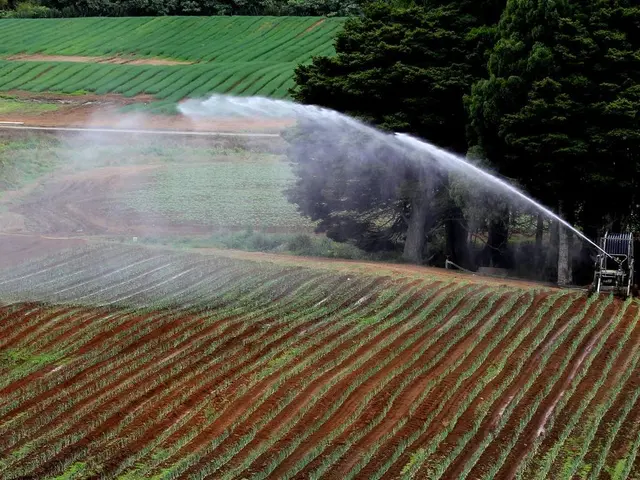Syria Enacts Interim Constitution, Marking Major Step Towards Democracy
Syria has enacted an interim constitution on March 13, 2025, marking a significant step towards democracy after over five decades of Assad family rule. The constitution establishes a five-year transition phase and regulates upcoming elections. Ahmed al-Sharaa, leader of the Levant Liberation Committee (HTS), serves as interim president since January 2025.
The Assad regime was toppled on December 8, 2024, by a military coalition led by HTS. The new constitution outlines a 210-seat parliament, with two-thirds elected indirectly and one-third appointed by the interim president. Only individuals aged 25 or older can be members of regional electoral councils, and certain individuals are excluded from running as candidates.
The transitional phase is not without challenges. In Suweida, the Suweida Military Council opposes the HTS-led transitional government, advocating for secular, decentralized, and grassroots democracy. The Syrian army has intervened amid clashes there. In Kurdish regions, Kurdish self-administration remains in place but faces ongoing conflicts linked to the broader Syrian civil war and political shifts following the Assad regime's fall in 2025.
The road to democracy began in 2011 when mass protests erupted under Bashar al-Assad's rule, leading to the Syrian Civil War. Bashar al-Assad fled to Russia after the regime's collapse.
The interim constitution is a crucial step towards a more comprehensive democratic process in Syria, with nationwide elections planned by 2030. However, the transition phase is complex, with regional disputes and ongoing conflicts to be addressed. The transitional parliament will lay the foundation for a more democratic future.
Read also:
- Title Transformation: Utilizing the Shifting Dynamics of British Politics, Bernie Sanders' Potential Advantage
- Strategies for Conquering Major Obstacles in Expanding a Political Group
- Ontario falls short by a small margin in delivering the goal of four hours daily care for long-term care residents.
- Kamala Harris Reveals Plans to Steer Clear from 2026 California Gubernatorial Race, Sparking Curiosity about Her Future Professional Plans








